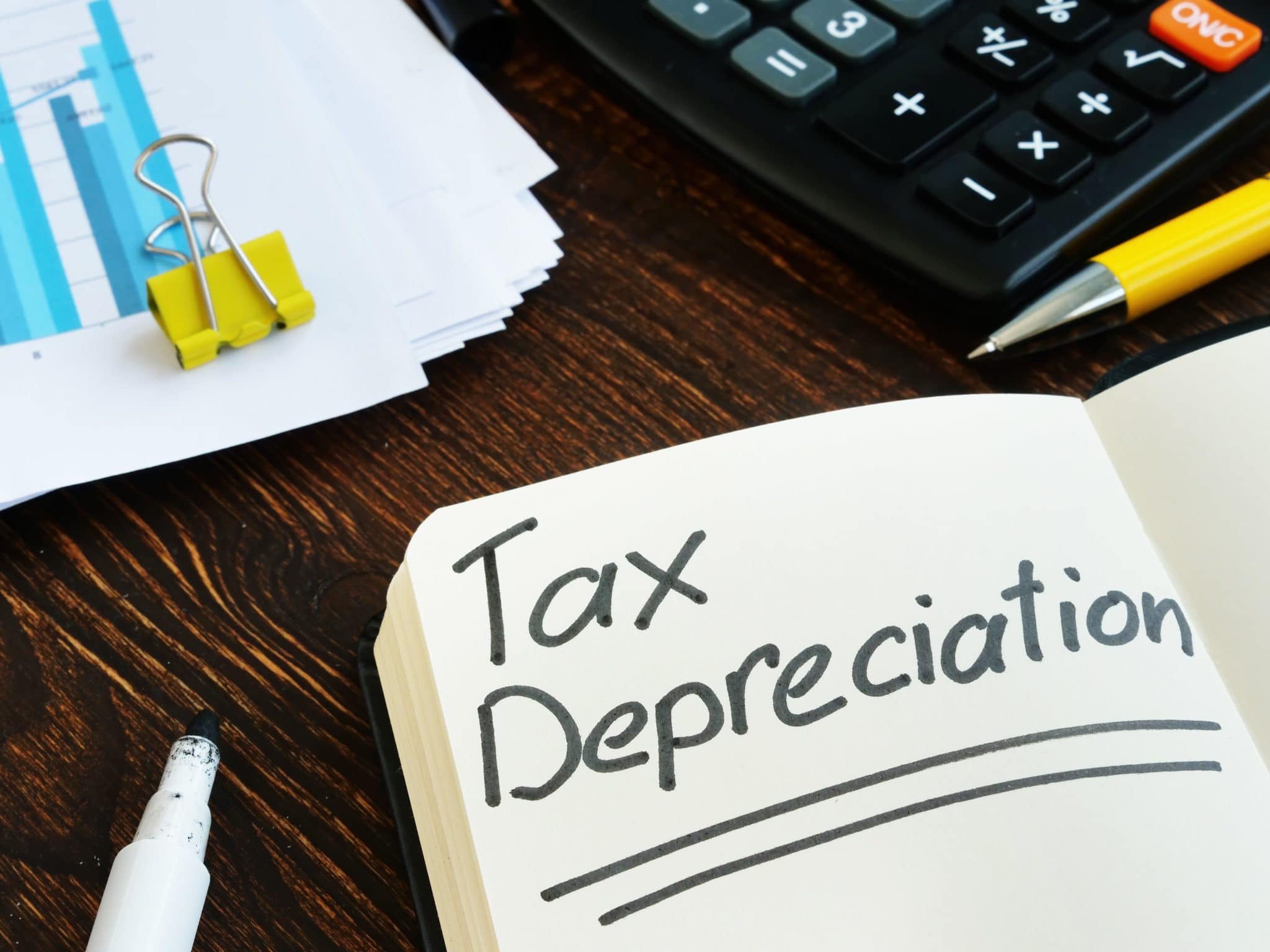The year 2020 is now over and many people are saying, “Thank goodness!” The COVID-19 pandemic has caused us all to dramatically change our normal routines, alienated us from friends and family, and resulted in the shutdown of many businesses. But for those businesses that have survived and remain income steady, there is still year end tax planning to do. With the current IRS rules stating that PPP loan expenses are non-deductible, many businesses are left with large amounts of taxable income that they never would have anticipated.
One tried and true year end planning technique has to do with depreciation. There are tax depreciation elections that enable a business to deduct the full costs of 2020 property and equipment additions. The two most popular elections are:
Section 179
Essentially, Section 179 of the IRS tax code allows businesses to deduct the full purchase price of qualifying property and equipment (most tangible personal property used more than 50% for business purposes) and/or off-the-shelf software purchased or financed during the year. This means that if you buy a piece of qualifying equipment, you can deduct the full cost, subject to taxable income limitations discussed below, from your gross taxable income. Sec. 179 was an incentive created by the government to encourage businesses to buy equipment and invest in what they do, and in exchange for that spending they could deduct that cost. As such, if you purchase a $100,000 piece of equipment before the end of the year and put it into service (meaning it is ready and available for use even if it is not used), then you can deduct the full cost of that piece of equipment against your taxable income (note: if there is a taxable loss for the year, then Sec. 179 could be carried over to the subsequent year).
The Section 179 expense deduction limit for 2020 is $1,040,000 and starts to phase out when total property, plant and equipment purchases for the year exceed $2,590,000. The Section 179 election is typically more advantageous than the Section 168(k) bonus depreciation (see below) when it comes to states, as more states allow all or a portion of Section 179 expense deduction when they don’t allow any bonus deprecation at all. Therefore, taxpayers can have a state tax due when no Federal tax is due if there is a large depreciation add-back due to bonus depreciation taken for Federal purposes.
Section 168(k) Bonus Depreciation
The Tax Cuts and Jobs Act (TCJA) enacted in 2017 increased the bonus depreciation percentage from 50% to 100% for qualified property acquired and placed in service after September 27, 2017 but before January 1, 2023. Qualified property consists of depreciable business assets with a recovery period of 20 years or less and other certain types of property. The bonus depreciation election is automatic unless one elects out by making a disclosure on their income tax return. Like the Sec. 179 expense deduction, the cost of qualifying property is allowed a 100% deduction in the year of purchase/year placed in service. As noted above, be aware that many states do not conform to the Federal deduction and one could see large add-backs to income for state purposes.
In a year of so many changes, one thing that holds true is that businesses can rely on depreciation deductions and advantages to help bring down their taxable income burden before the end of the year. The rules can be complicated, so please reach out to your trusted advisors at Thompson Greenspon to walk you through the process.
© 2021
Written by: Tricia Neale, CPA


